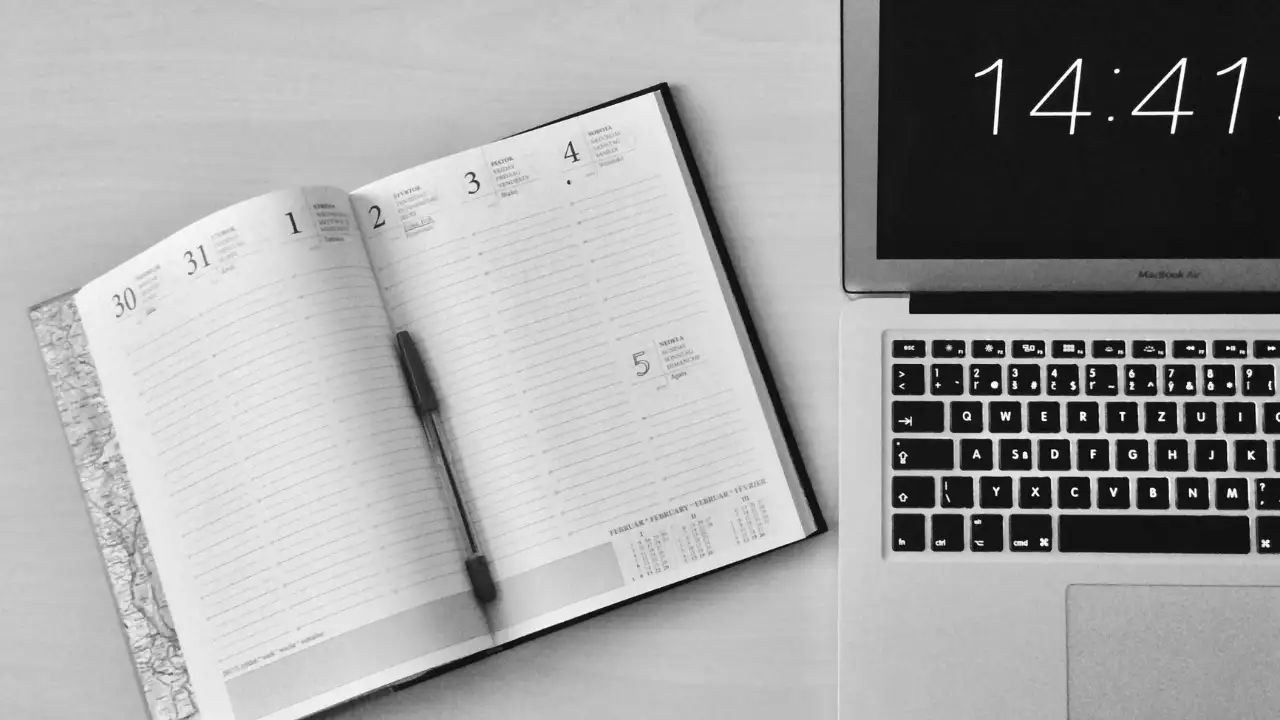
Expert Tips On How To Manage Time (Credits: Pexels)
We’ve all been there. You sprint out the door, coffee in one hand, phone in the other, mentally rehearsing excuses for being late (again). But chronic lateness isn’t just stressful—it can quietly chip away at your relationships, productivity, and self-worth.
So, why are some of us always running behind, and how do we finally break the cycle? Experts say it’s a mix of psychology, bad habits, and misplaced optimism.
You Think You Have More Time Than You Do
This is called planning fallacy. We underestimate how long things take—because last time, when we got dressed, it was quick (never mind that today your shirt is missing and your hair’s not cooperating). Experts suggest timing your regular tasks for a week to get a realistic sense of how long they truly take.
Your Brain Thrives on the Rush
Some people unconsciously enjoy the adrenaline that comes with racing the clock. It feels productive… until it isn’t. Researchers say this "urgency addiction" creates a false sense of control and excitement, but it often leads to sloppiness and stress.
You’re a Chronic Overcommitter
Saying yes to everything is noble—but also totally impractical. Time management experts suggest adopting the “hell yes or no” rule. If something isn’t an enthusiastic yes, it’s a no. Fewer commitments = more punctuality.
You’re Not Using ‘Time Anchors’
Psychologists recommend building your day around fixed time anchors—like a 10 AM meeting or 1 PM lunch. Then work backward. For instance, if you have to leave by 9:30, set a “start getting ready” alarm for 8:45.
You Haven’t Reframed Being On Time As Self-Respect
Being punctual isn’t just about being polite. It’s about showing up for yourself, calm and collected. The shift from "I'm always late" to "I value my peace" can be powerful.
Expert Tip from Harvard Business Review:
People who write down their top 3 priorities each morning are 33% more likely to complete them on time. So keep a mini time journal—it keeps you honest and helps build realistic routines.
The bottom line? Being on time isn’t about having military precision. It’s about giving yourself a life that’s less rushed, more respectful, and a lot more in control. Now… go set that alarm.
